The global economy is currently facing an unprecedented challenge: persistent inflation, which many experts believe is evolving into a more alarming type of hyperinflation. Recent discussions among prominent financial figures, including US Treasury Secretary Janet Yellen, have attempted to downplay this issue, suggesting that the inflationary pressures we are witnessing are merely transient. However, the reality, as described by various analysts, indicates that this inflation is not expected to fade anytime soon.
This sentiment is echoed by analysts, such as the chief strategist at an American bank, who asserts that inflation will remain a long-term concern affecting assets, commodities, and real estate over the next several years. They argue that the Federal Reserve's aspirations to soften the economic situation appear misleading to the global populace. What does this truly signify, and how should the world brace itself for the ramifications of this ongoing crisis? Let's delve deeper into the matter.
Key players in the financial sector portray a misleading narrative.
The unsettling trend of hyperinflation is rooted in several interrelated factors. First, the accelerating vaccination rates in the United States have led to a notable economic rebound, which, in turn, introduces substantial inflationary pressures. As the economy revives, the existing monetary policies fueled by extensive quantitative easing continue to support this trajectory. The American economy is finding itself in a heated phase, particularly in real estate, where prices have reached historically high levels, pushing the majority of citizens into unaffordability.
So why is this inflation becoming increasingly dire and likely to persist?
Experts attribute this inflationary spiral to three primary factors:
1. The combination of increased vaccination rates and economic recovery is generating identifiable inflationary pressure as consumer demand escalates alongside economic activity.
2. The liberal monetary policy has accompanied significant economic stimulus aimed at recovery, causing the economy to overheat. Among the noteworthy consequences is the skyrocketing median home prices across the United States, rendering housing affordability a prevalent issue.
Housing affordability is becoming a rare commodity in the U.S.
3. A considerable labor shortage has emerged as Americans struggle to re-enter the workforce, resulting in wage increases that further elevate costs of goods and services.
These factors are synergetic, resulting in an escalation of inflation rates that have evolved from localized concerns to broader ‘big inflation’ and now teeter at the brink of hyperinflation. The United States, finding itself amidst this critical scenario, may attempt to export its inflationary burden onto other countries, including China, as part of an overarching strategy to safeguard its interests.
The ripple effects of U.S. inflation are felt globally, influencing geopolitical strategies.
As America stares down its inflation crisis, an inevitable intention to foist its economic troubles onto other nations emerges. Utilizing its dominance over global commodity pricing through exchanges in Chicago and beyond, the U.S. maneuvers its economic policies in a manner that prevents other nations from easily countering the resultant inflation. The interplay of the pandemic's fallout coupled with reckless monetary expansion in the U.S. contributes significantly to the present global economic malaise.
Even traditional allies, like Germany within NATO, are growing increasingly wary of the U.S.'s monetary strategies, signaling distress at the levels of newly injected capital into the global economy.
In light of current trends, a dissenting voice arises among experts from Deutsche Bank, who warn that America appears to be setting off a 'financial nuclear bomb.' Ignoring the implications of rampant inflation, they suggest, could lead to disastrous consequences for economies around the world.
What makes the current situation particularly precarious is the nature of inflation itself and how it stonewalls economic recovery.
An analysis of the worldwide financial climate reveals a stark reality: emerging market economies are particularly vulnerable to inflation, which erodes local currency purchasing power and creates disorder within financial and manufacturing sectors.
Countries such as Thailand, Vietnam, and India grapple with this instability, deploying various monetary strategies to combat inflation, which in India’s case, has seen staggering data reflecting overwhelming pressures on its economy.
Indian inflation statistics tell a grim story.
Additionally, the European Union remains entrapped in a cyclical debt crisis, exacerbated by the pandemic’s economic grip. The pre-existing negative interest rates demonstrated a lack of economic vitality, leaving nations across Europe heavily indebted, surpassing their GDPs.
Many European nations find themselves heavily indebted as they face inflation challenges.
Interestingly, amid the commodity boom, the global real estate market finds itself in a paradox. While surges in prices should, theoretically, allow developers to profit handsomely, the reality is that escalating costs of raw materials and labor have curtailed their margins significantly.
Residents worldwide, faced with the urgent need to protect their savings from inflation, have resorted to real estate investments. In the first quarter alone, prices soared by an average of 7.3%, a stark indicator of how inflation is shaping economic strategies.
Real estate prices have risen remarkably in recent months.
However, developers and builders haven’t enjoyed these market winds at their back. The rising cost of materials continues to spike, thwarting their capacity to deliver more housing while eroding profits as expenses rise.
Even well-known Chinese firms in the real estate sector question their sustainability amidst financial strains, demonstrated by prominent cases such as Evergrande struggling under substantial debt.
Companies like Evergrande face severe financial difficulties amid increasing inflation.
Could it be that real estate agents are the only beneficiaries within this turbulent market, thriving on commissions from property sales and rentals?
With dire scenarios labeled for emerging markets and Europe, one may ponder: how will China navigate this increasingly dire situation?
China presents itself as a potentially resilient entity in the face of American-driven inflation. With a population of over 1.4 billion, it boasts the world's largest internal market and is gradually reducing its dependence on external forces.
China's adoption of prudent fiscal and monetary policies, contrasting with the expansive approaches of many Western countries, positions it favorably to mitigate the impacts of U.S.-led inflation.
China's vast domestic market offers a buffer against global inflationary pressures.
Furthermore, the industrial capabilities of China suggest a firmhold over many essential materials, although it remains reliant on foreign imports for crucial resources like oil and iron ore.
While the United States remains abundant in certain resources, its lack of comprehensive mid-range manufacturing could leave it exposed in the long run as global economic dynamics shift.
Countries such as Russia face considerable challenges in managing inflation.
As the U.S. continues on its path of monetary expansion, prudence is key for China. Comprehensive strategies to combat inflation must be developed, with keen observations on the Federal Reserve's tightening measures. It’s vital that the sentiment of vulnerability to U.S. monetary policies shifts, allowing China to navigate these economically challenging waters more adeptly than others.

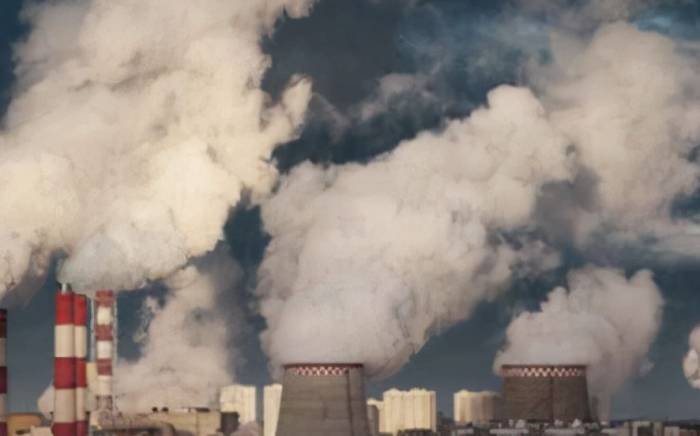



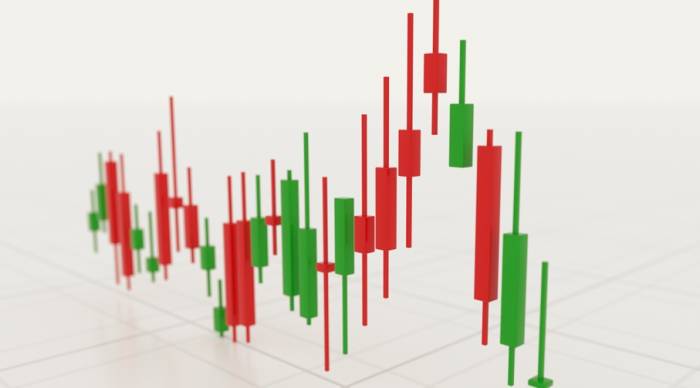


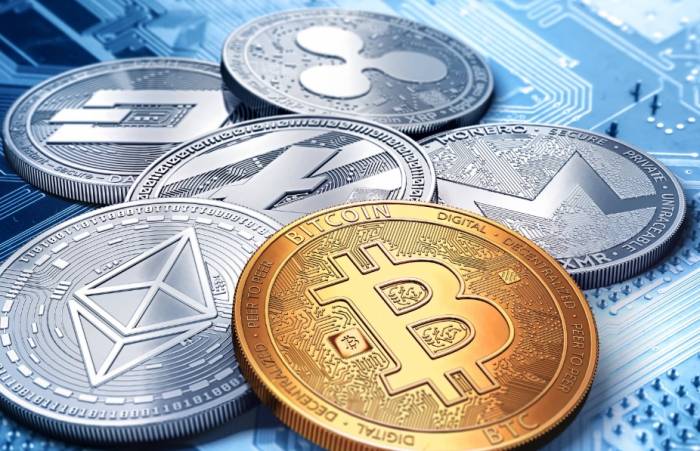

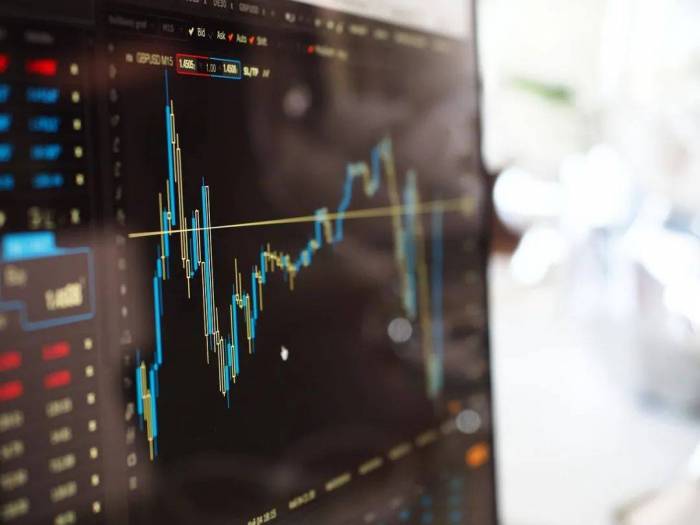



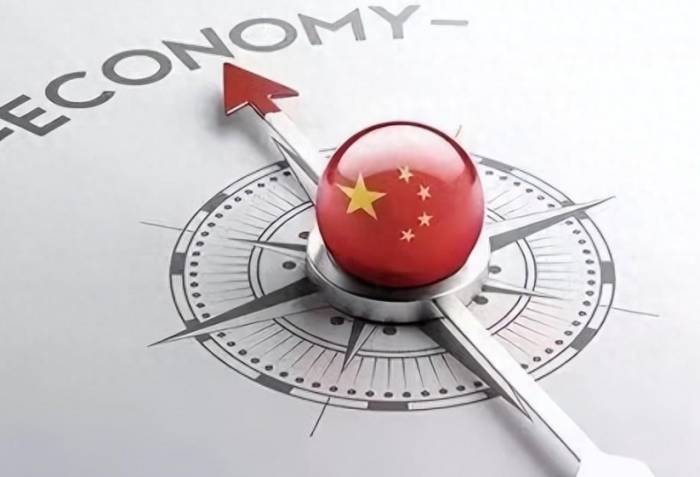
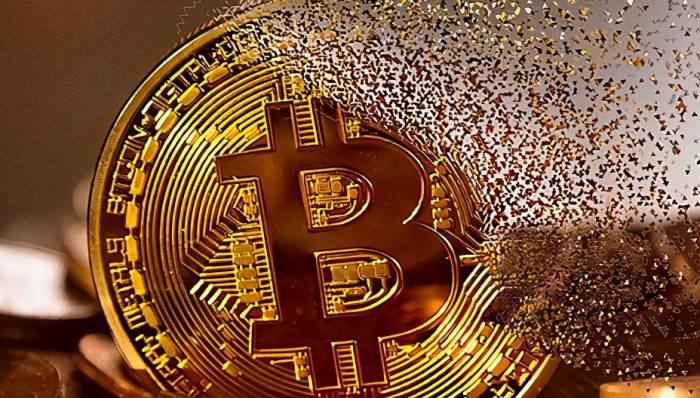
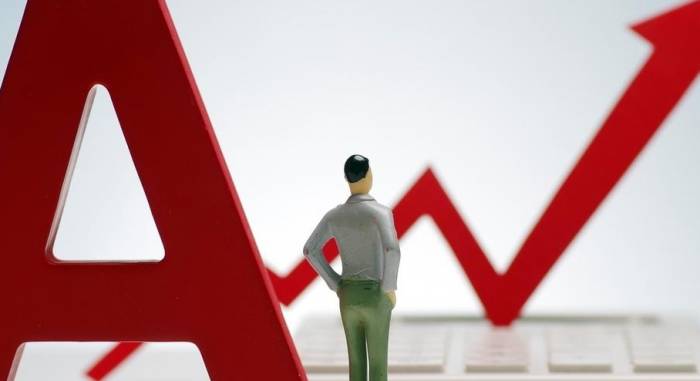
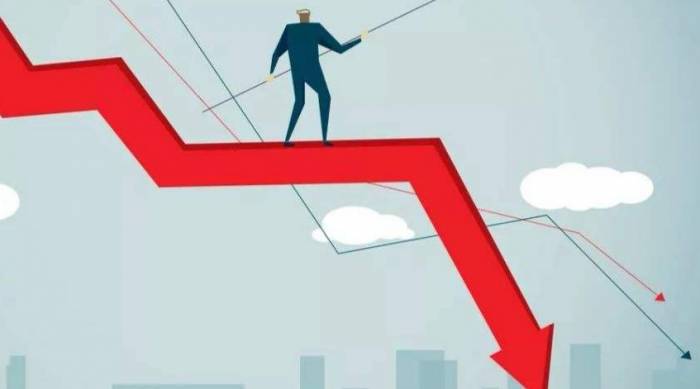
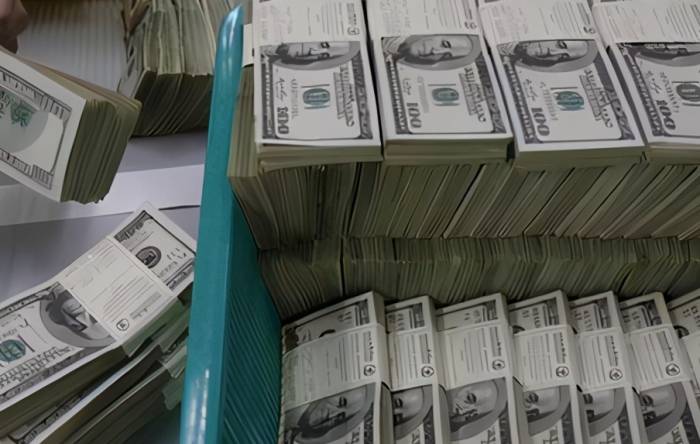

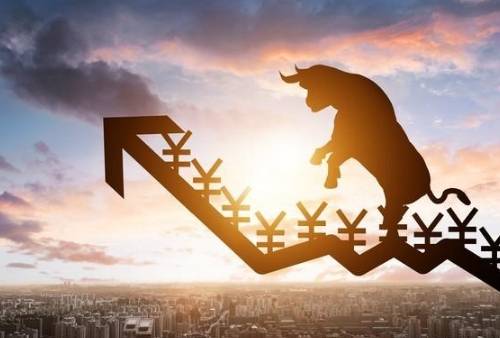
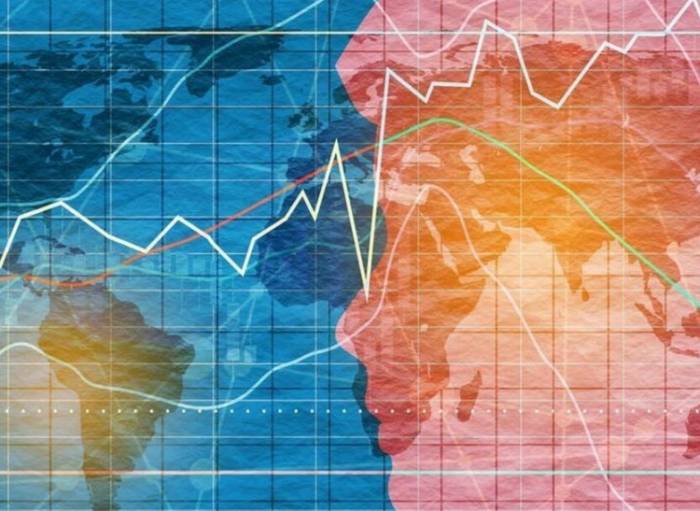

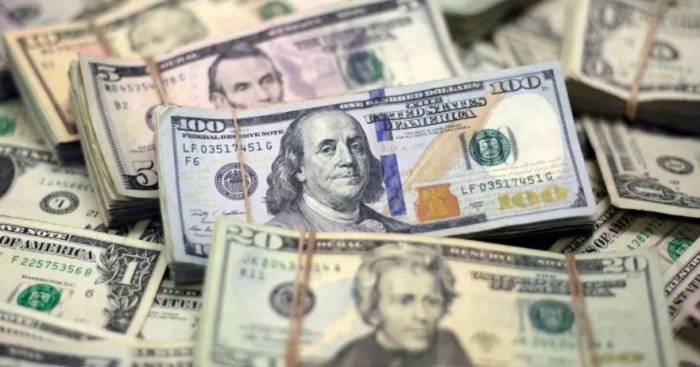



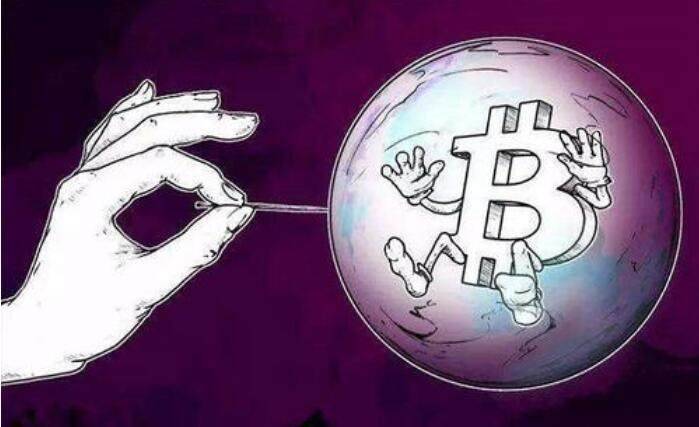
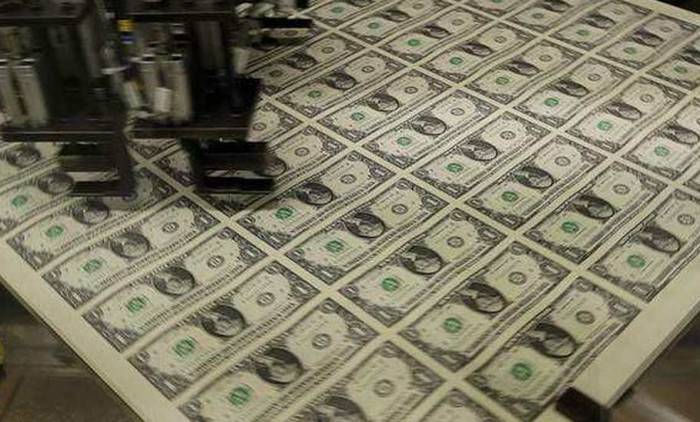
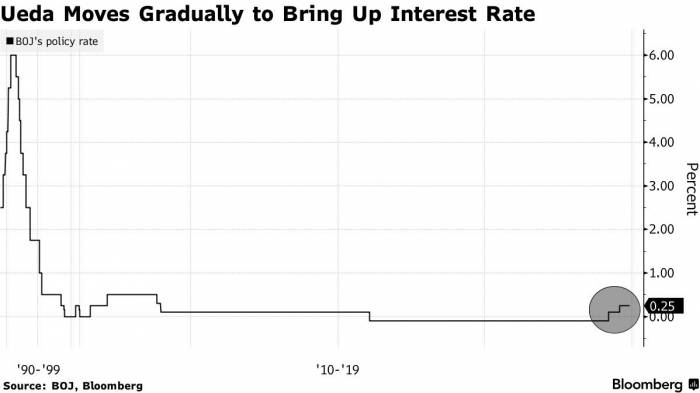
Comments